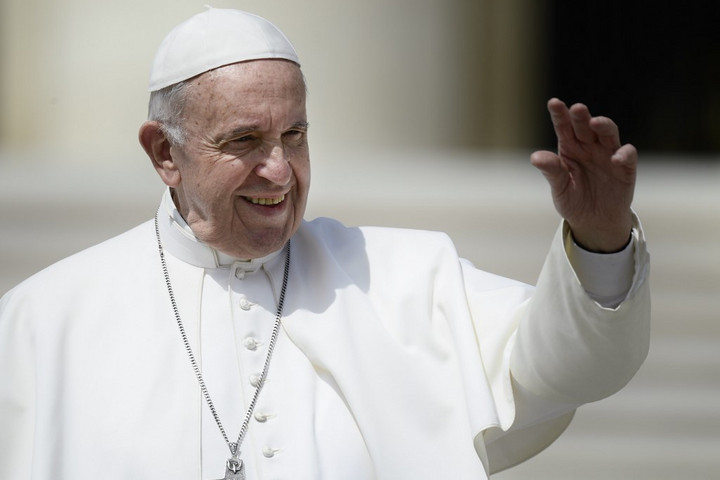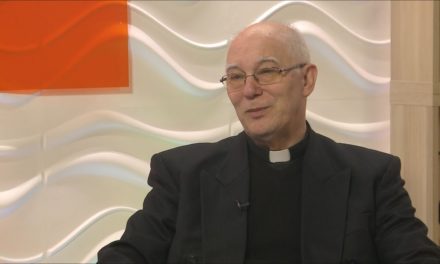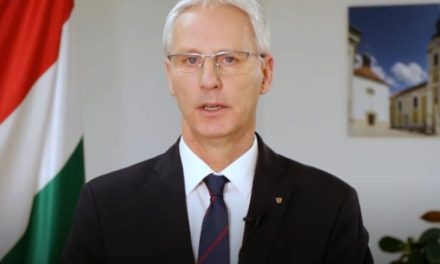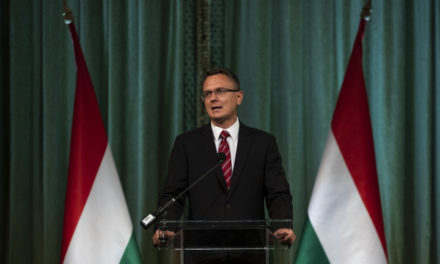On August 22, the Holy Father reflected on the Gospel of the Holy Mass, on the "scandalism" of the revelation of Jesus, the mystery of the Eucharist, during the Sunday afternoon prayer. We publish the translation of the entire speech of Pope Francis.
Dear brothers and sisters, I wish you a good day!
The Gospel of today's liturgy (Jn 6:60-69) shows the reaction of the crowd and the disciples to Jesus' speech after the miracle of the loaves. Jesus invited them to interpret this sign and believe in him, who is the true bread that came down from heaven, the bread of life; and revealed that the bread he would give was his body and blood. These words sounded harsh and unintelligible to the people, so much so that from then on, according to the Gospel, many of his disciples turned back, that is, they no longer followed the Master (Jn 6,60,66). Then Jesus asks the twelve: "Do you also want to go?" (Jn 6:67), and Peter, on behalf of the whole group, confirms their decision to stay with him: "Lord, to whom shall we go? Yours is the teaching that gives eternal life. We have believed and know that you are the Holy One of God" (Jn 6:68-69). This creed is beautiful!
Let us briefly touch on the behavior of those who retreat and decide not to follow Jesus. What is the source of this unbelief? What is the reason for this rejection?
Jesus' words cause a great scandal. He says that God chose to manifest himself in the weakness of the human body and bring salvation. This is the mystery of the Incarnation. It is the incarnation of God that causes scandal and that is an obstacle for these people - and often for us as well. For Jesus claims that the true bread of salvation, which conveys eternal life, is his body; and in order to enter into communion with God, before keeping laws or fulfilling religious precepts, we must experience a real and concrete relationship with him. Because salvation comes from him, it came to us in his incarnation. It means that
We should not look for God in dreams and images of greatness and power, but rather in the humanity of Jesus, and consequently in the humanity of our brothers and sisters whom we meet along the way of life.
God became flesh. And when we say this in the creed, on Christmas Day and on the Feast of Our Lady of the Fruits, we fall on our knees and worship the mystery of the Incarnation. God became flesh and blood: he condescended so much that he became human like us, he humbled himself so much that he took upon himself our sufferings and our sins, and he asks us, therefore, not outside of life and history, but in communion with Christ and our brothers and sisters. we seek him in our relationship. We seek God in life, in history, in everyday life! My brothers, this is the way to meet God: the relationship with Christ and our brothers.
Even today it can cause a scandal and it is not easy to accept the revelation of God in the humanity of Jesus. This is what St. Paul calls the "foolishness" of the Gospel against those who seek miracles or worldly wisdom (cf. 1 Cor 1:18-25). And this "scandalousness" is well represented by the sacrament of the Eucharist: what is the meaning - in the eyes of the world - of kneeling before a piece of bread? Why do we persistently feed on this bread? The world stumbles.
Seeing the wonderful act of Jesus, who fed thousands of people with five loaves and two fish, everyone celebrates him, they want to accompany him in a triumphal procession and make him king. But when he explains that this gesture is a sign of his sacrifice, that is, the giving of his life, flesh and blood, and that those who want to follow him must embrace him, his humanity given for God and others, then I no longer like it, this Jesus plunges us into crisis.
In fact, let's worry if it doesn't plunge us into a crisis, because then we've probably diluted its message!
And we ask for the grace to allow ourselves to be provoked and converted by "his words that give eternal life"! May the Blessed Virgin Mary, who carried her Son, Jesus, in her body and united with his sacrifice, help us to always bear witness to our faith with our concrete lives!
Translated by: Endre Tózsér SP
Photo: Vatican.va












